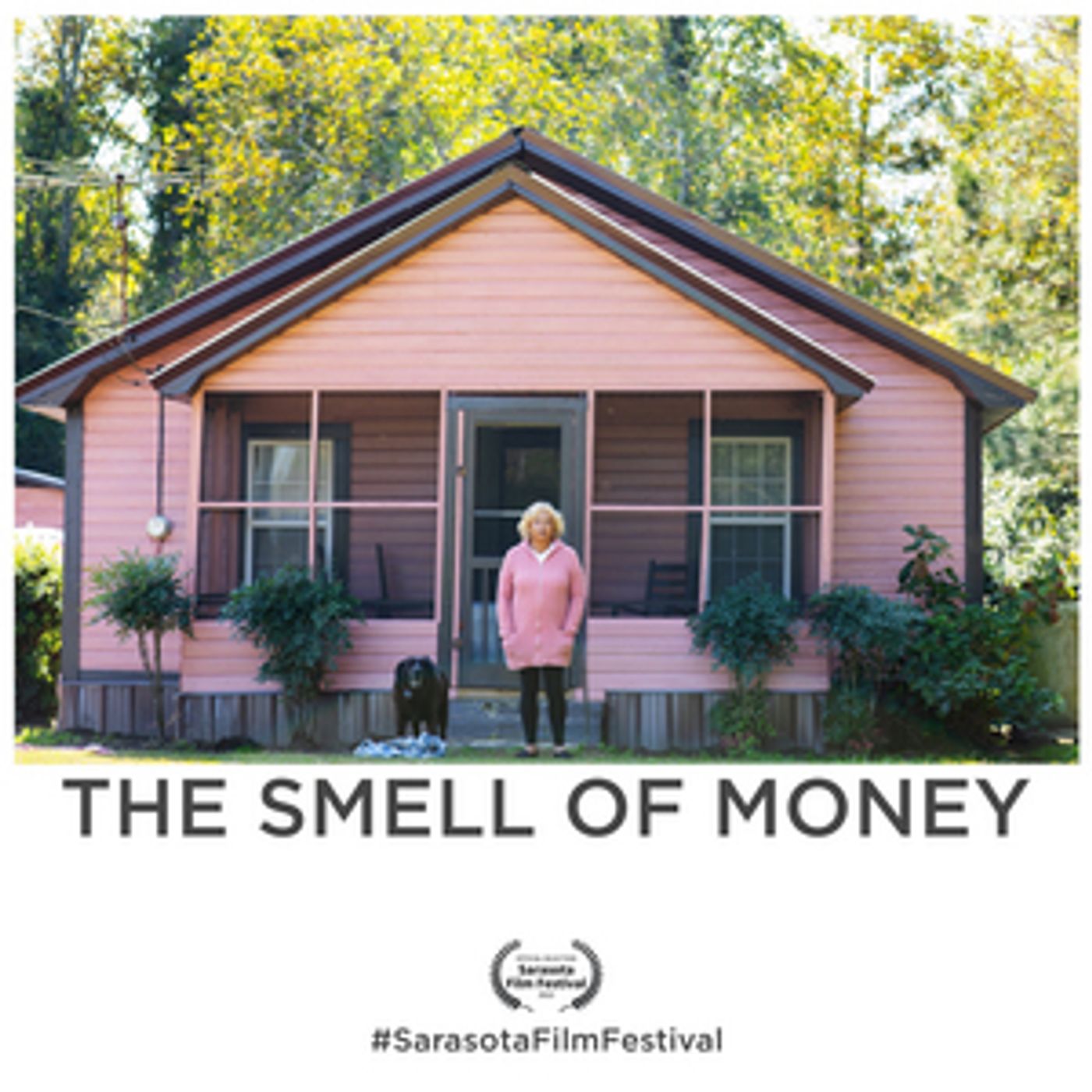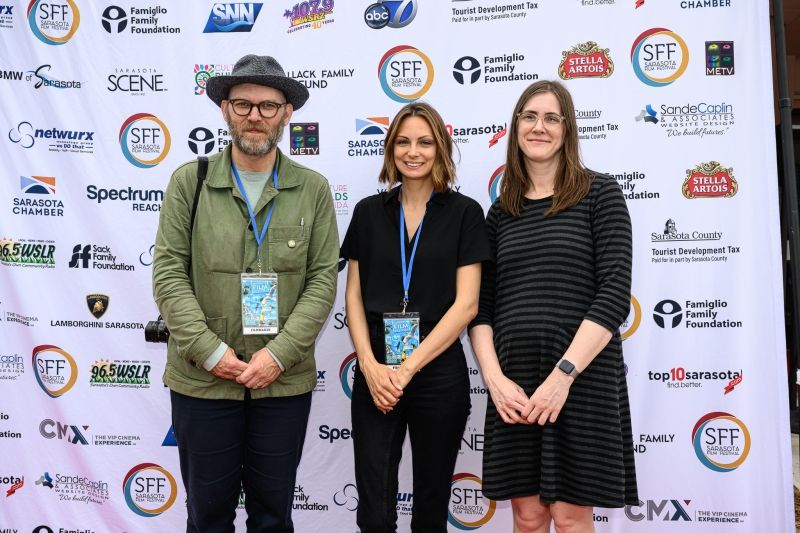Interview: Behind the Scenes with THE SMELL OF MONEY Filmmakers at the Sarasota Film Festival
Their Four-year Process of Making and Screening an Independent Documentary Film

"The Smell of Money" made its world premiere this week at the 2022 Sarasota Film Festival. This feature documentary tells the story of a group of North Carolina residents in the midst of a battle against the corporate hog farms polluting their communities. Featuring first-hand accounts of what it's like to combat one of the world's most powerful companies, be denied clean air and water, and the human impact of greed, "The Smell of Money" gives a crucial voice to a community that the pork industry has long tried to silence.
How did you identify and connect with the subjects of the documentary?
Jamie Berger (writer, producer):
Elsie was a clear choice as the focus of the film because she has been a spokesperson for this issue for so long; she was one of the most outspoken and one of the bravest people who was willing to speak up against the industry. We connected with her fairly early on and just immediately felt that she had such a model story and a compelling way to speak about it as well. And then the Water Keepers Rick Dove and Larry Baldwin were also very outspoken and had been active on this issue for so long, they really were kind of our connectors to the rest of the community. So once we met them, they introduced us to a number of other people.
Shawn Bannon (director producer):
The first year was really exciting. We met was Don Webb on one of our first trips and had met with Larry on one of our first trips and we just knew we could do something. The hurricane happened on our first year of filming. We're like, whoa, this is crazy. There's a hurricane. Wow, this is just wild. We almost thought we had a documentary at that point, which we totally did not. Then Don Webb passed away, so we kept filming.
For the first two years, it was much just Jamie and myself. And then probably two years in, Kate Mara, Michelle came on, that was about midway through the project. David Lowry had been involved from the beginning though as our executive producer. I had worked with him in the past, so he was kind of always there for us to have someone to talk to, to fall back on as we, you know, went through the idea process.

What were some challenges and milestones that stand out from throughout your four-year filmmaking journey?
Shawn:
After Elsie passed away, essentially the whole production, I would say, just kind of collapsed.
We just felt like we could not go on. And that's when Jenn came in. Jenn and Jason were our edit team, and Jenn came in as a producer too. We just could not have finished the movie without that. Yeah. We were really fortunate to have everybody who worked on this, we could not have gotten the movie done without them. Every single person was so crucial.
After that, the lawsuit was the biggest problem. Like, it was never-ending, and we didn't know how to put it in the movie because it didn't end. And even though it had been going on for, at that time, seven years, we kept thinking, oh this is gonna be over soon. And we didn't know, can we make a documentary without that lawsuit being over? We got just a small taste of what that community had been going through, because that's their life.
We never really knew when we had the documentary [completed], honestly, until January. We submitted it to the Sarasota Film Festival in November and we had a pretty good rough edit, but we knew we still had problems, and we were still working on the edit. We notified Sarasota that we had a new version that we were very happy with, would they watch it. And that's the version that got into Sarasota and Hot Docs. So we're like, yes it's working!
Something I felt was extremely powerful was the focus on the subjects' experiences rather than an overabundance of statistics and scientific explanations of the issues the film explores. What was the motivation behind that choice?
Shawn:
When we screened it for the subjects of the film, they were all quite excited about it. We were pretty surprised, we in thinking that they would say "you really didn't do justice to my story, you let out this part or that part," but it was overwhelmingly positive. The people in our test audiences were not. That was grueling. I would say they did help us make this movie better but, there was a specific kind of person that was really offended by it just really thrown off by it, and really annoyed - it really got under their skin. It did alert us to like, oh how educational to make this versus personal? And that's honestly where our editor Jason came in. He said you have to follow the heart of this and not just focus on statistics. And a lot of people did really try to push us to like the statistics. But that was where we didn't go.
Jenn Murphy (associate producer, assistant editor):
We've been, you know, talking about the movie a bit more like the past few days and a big piece is: these people have been telling this story for years and they just need people to believe them. So I like that we've like dialed back the statistics and factual content of the film because it's like, no, we just believe them. Their stories. We don't need the like additional facts to validate their experiences. Their story is the truth, and they've been telling it for 20 years. They just need people to listen, you know, and hear them. That's a piece of it that I'm realizing is really powerful for me.
For more information about the film, visit: https://www.smellofmoneydoc.com/
"The Smell of Money" is available to screen online via the Sarasota Film Festival from April 1-10, tickets can be found here: https://www.sarasotafilmfestival.com/event/the-smell-of-money/. The Sarasota Film Festival continues this weekend, for tickets to more in-person and online screenings and events, visit: https://www.sarasotafilmfestival.com/.
Videos

